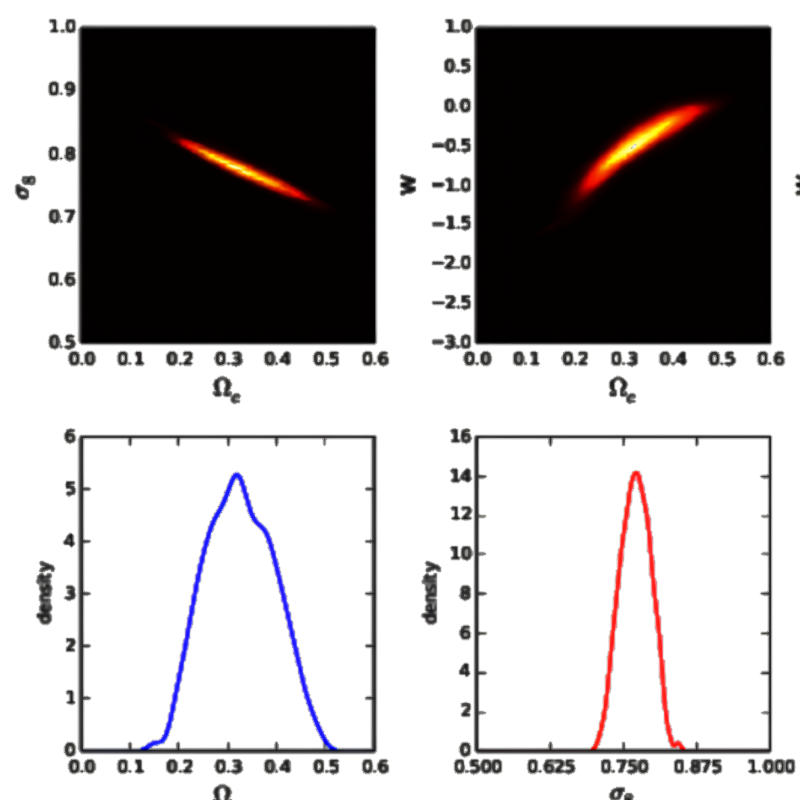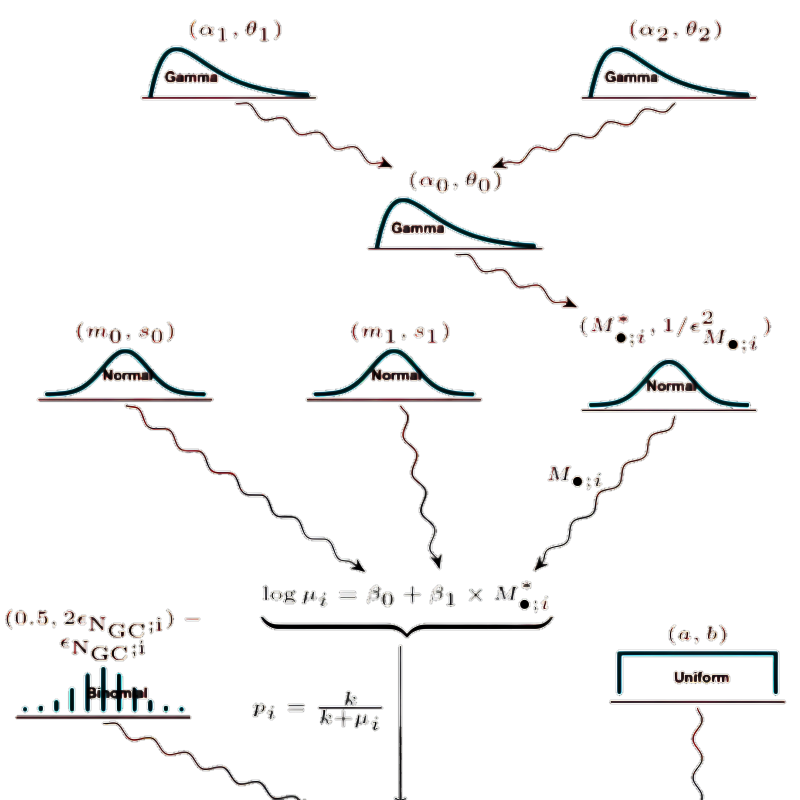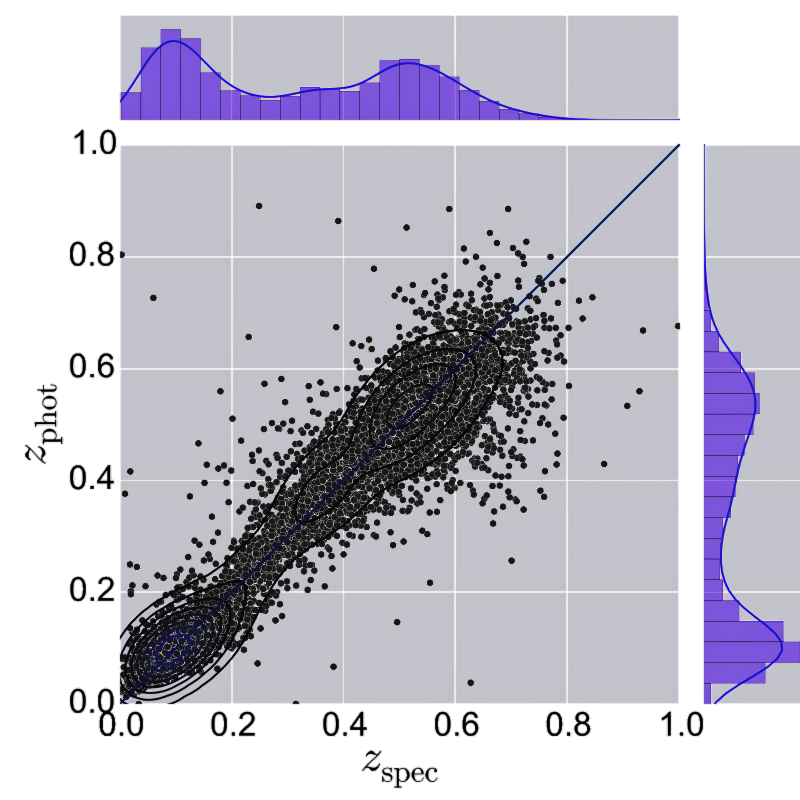Approximate Bayesian Computation

Approximate Bayesian Computation (ABC) enables parameter inference for complex physical systems in cases where the true likelihood function is unknown, unavailable, or computationally too expensive. Here we present COSMOABC, a Python ABC sampler featuring a Population Monte Carlo variation of the original ABC algorithm, which uses an adaptive importance sampling scheme.
The road to interdisciplinarity

How Have Astronomers Cited Other Fields in the Last Decade?
One of COIN’s main goals is to explore the frontiers of interdisciplinarity inspired by astronomy.
GLM III: Negative Binomial Regression

We elucidate the potential of the class of GLMs which handles count data. The size of a galaxy’s globular cluster (GC) population (NGC) is a prolonged puzzle in the astronomical literature. It falls in the category of count data analysis, yet it is usually modelled as if it were a continuous response variable. We have developed a Bayesian negative binomial regression model to study the connection between NGC and the host galaxy properties.
GLM II: Gamma Regression

We present a gamma regression model as a fast alternative method for estimating the photometric redshifts of galaxies from their multi-wavelength photometry. Using the gamma family with a log link function we predict redshifts from the PHoto-z Accuracy Testing simulated catalogue and a subset of the Sloan Digital Sky Survey from Data Release 10.
